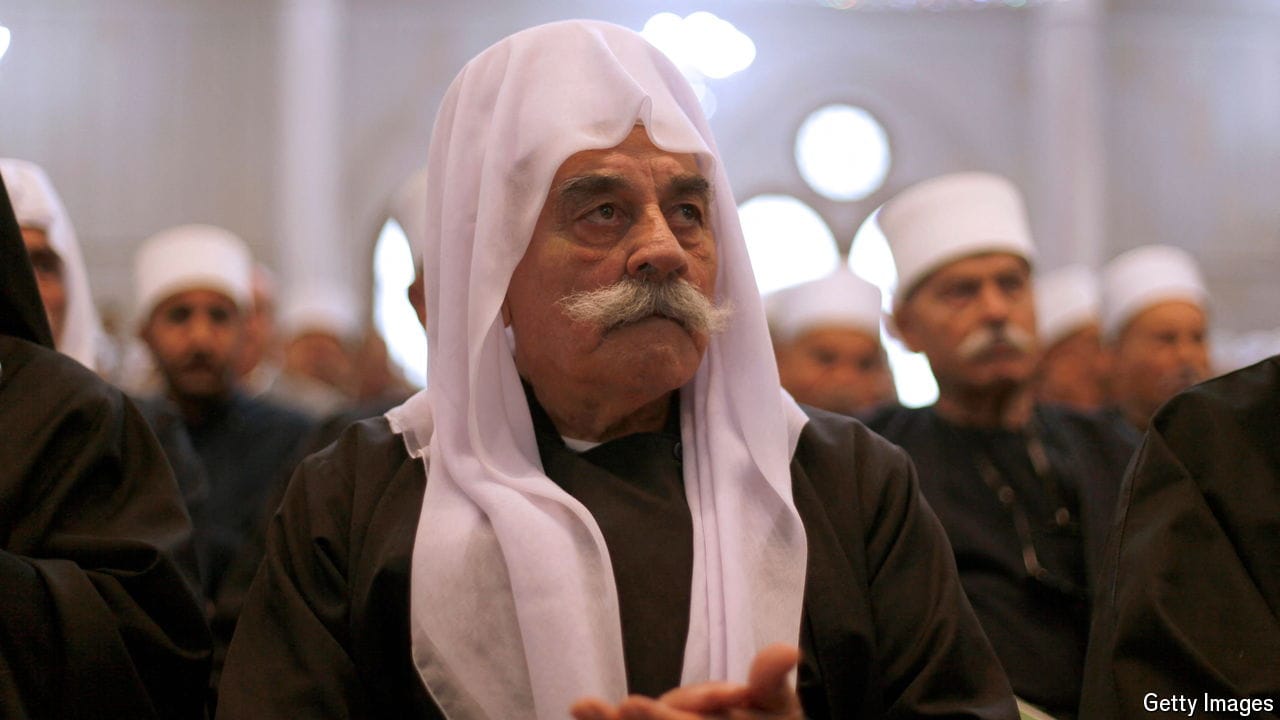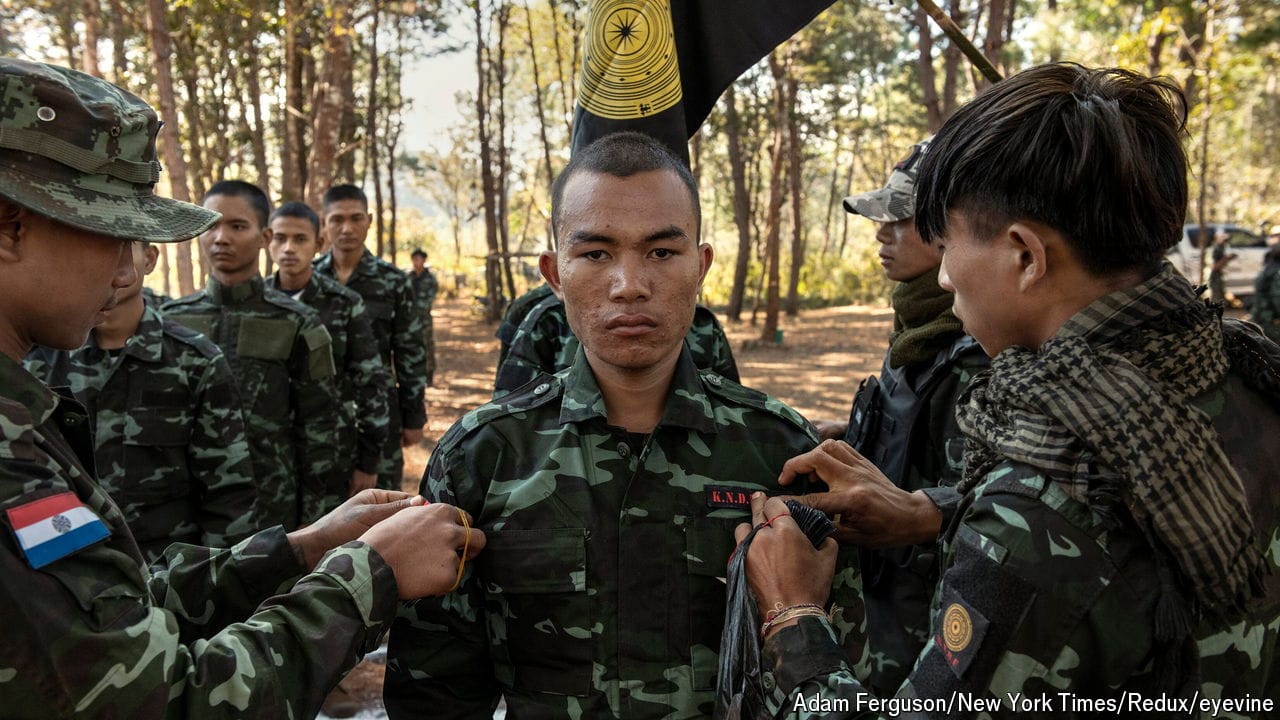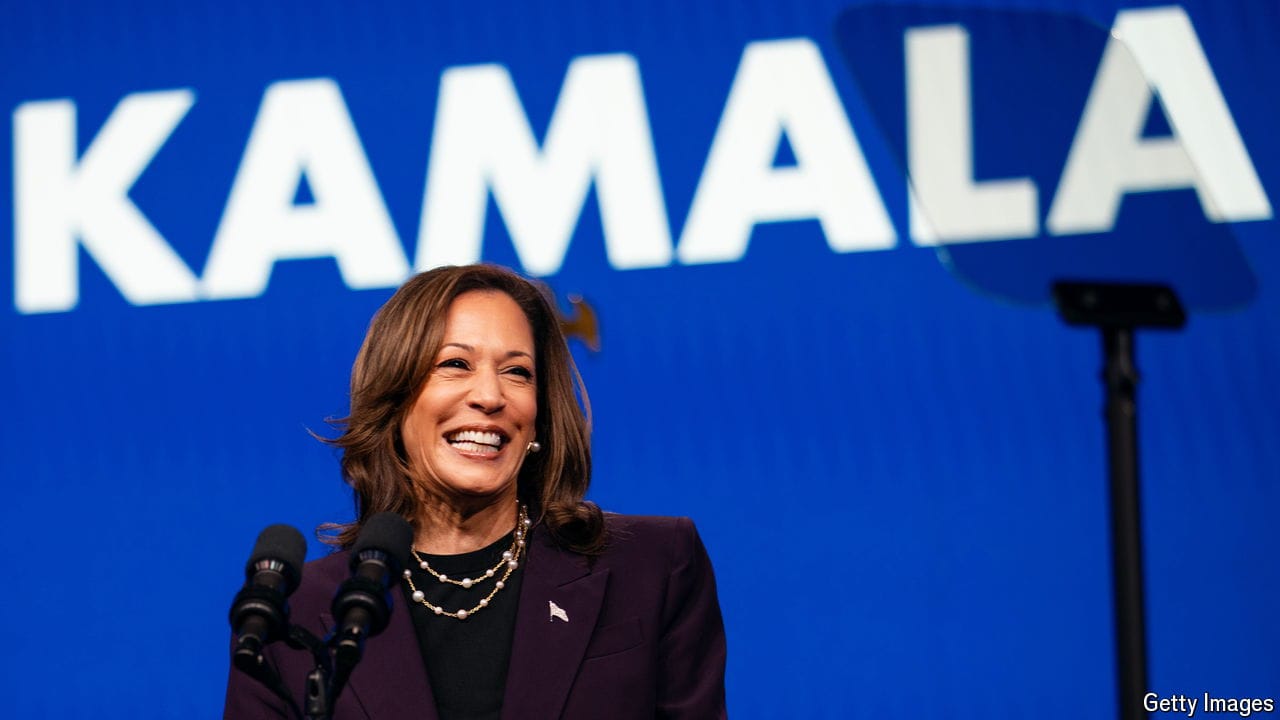How people became the central focus of economics
Gary Becker's theory of human capital explained the role of education in the production process

By S.R.
This week “The Economist explains” is given over to economics. Today’s is the second in a series of six explainers on seminal ideas
WHEN the subject of investment comes up in economics, it is often with hard, physical assets in mind. Companies talk of investing in factories, governments in infrastructure, and people in houses. But there is a softer, less tangible focus of investment that, in many cases, is more important: knowledge and skills. Companies try to cultivate these in their workforces, governments in their populations, and people in themselves. Economists use the concept of “human capital” to describe this kind of investment. The thinking is that just as spending on buildings or roads generates physical capital, so too investment in knowledge generates human capital. Some critics dislike reducing education to the pursuit of capital, but it is a valuable concept for analysis and policy. What can economics teach us about how we teach ourselves?
More from The Economist explains

Who are the Druze, the victims of a deadly strike on Israel?
The religious minority has often been caught up in regional crossfire in the Middle East

Myanmar’s rapidly changing civil war, in maps and charts
Ethnic militias and pro-democracy groups are scoring victories against the governing junta

Who will be Kamala Harris’s running-mate?
She is reportedly vetting a dozen options. These are the top three
Why have so few American presidents been from the West?
Kamala Harris’s nomination would be a milestone for the region
Why the Olympics still has a doping problem
Cheating with drugs has again become an organised affair
Why some Russian athletes will be eligible to compete at the Paris Olympics
Despite antipathy between the Russian government and the International Olympic Committee a handful will compete